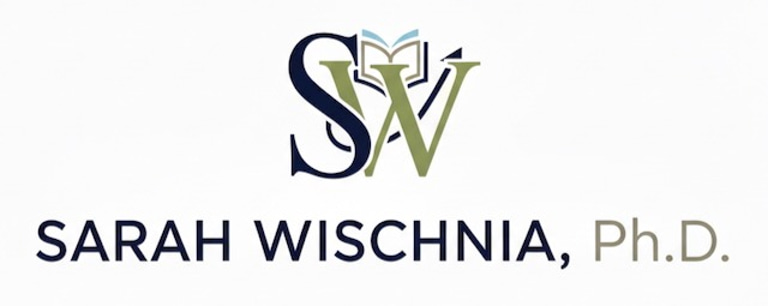
Ethics and
Education
How are Educational Therapists Trained?
The Association of Educational Therapists (A.E.T.) has established comprehensive standards for the education and ongoing training necessary for certification as an educational therapist. Most educational therapist candidates begin with a background in education or an allied discipline, often holding advanced degrees. Building upon this foundation, AET requires candidates to complete a certification program covering ten specialized courses, which include topics such as supporting students with learning differences in literacy and math, as well as training in both formal and informal assessment techniques.
Training does not end with certification, though. After certification, graduates become Associate Educational Therapists and must complete 1,500 hours of direct service and supervised practice under a Board Certified Educational Therapist (BCET) before advancing to Professional status. There are a further 1000 hours of direct service required to apply for Board Certified status. In addition, at all certification levels, educational therapists are required to complete ten hours of ongoing education annually. These rigorous requirements ensure that educational therapists are well-equipped to address diverse learning needs and remain current with best practices in the field, thereby providing the highest level of support to their clients.
www.AETonline.org
What Sorts of Ethical Standards do Educational Therapists Adhere to?
In addition to rigorous educational and training requirements, members of AET agree to adhere to the AET “Code of Ethics and Standards for the Professional Practice of Educational Therapy,” which outlines standards for ethical behavior, professional practice, and responsibilities expected of educational therapists. These include specific guidelines about topics such as confidentiality, the use of informed consent, accurate representation of professional competence, commitment to the development of individualized treatment plans based on assessment, commitment to respectful collaboration with clients, their families, and allied professionals, and the importance of avoiding conflicts of interest.
Read the AET Code of Ethics here


